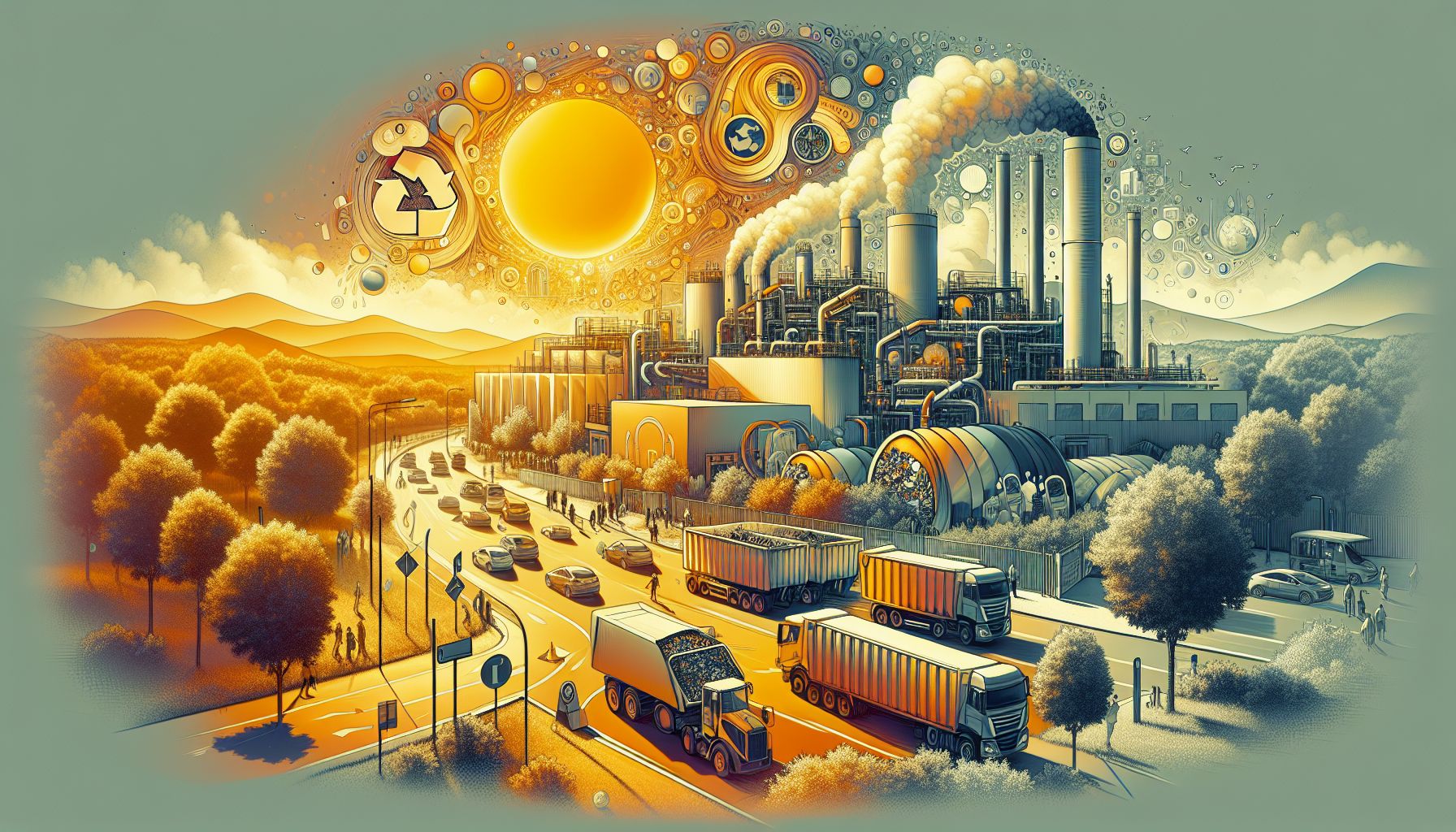DOPS Recycling Technologies Secures €5 Million for Waste-to-Energy Innovation

Utrecht, Friday, 18 April 2025.
DOPS Recycling Technologies raised €5 million for its DCI™ technology, promising over 90% of waste conversion into biofuels, aiding energy sustainability and carbon reduction in industries.
Revolutionary Waste Processing Technology
The Direct Carbon Immobilization (DCI™) technology developed by DOPS Recycling Technologies represents a significant breakthrough in waste management. The system operates by heating complex waste streams to 1,000 degrees Celsius in an oxygen-free reactor, breaking down hydrocarbons into their basic elements of carbon monoxide and hydrogen [1]. This innovative process can convert more than 90% of waste that would otherwise be incinerated or landfilled into valuable raw materials [1].
Strategic Investment Consortium
The €5 million seed investment comes through a strategic partnership of prominent investors, including Innovation Quarter’s Energy Transition Fund Rotterdam, ROM InWest, North Holland Innovation Fund, Init Power, CarbonFix, and Alphatron [1]. This funding will enable DOPS to construct a modular unit (M-DCI) for comprehensive system testing, marking a crucial step toward establishing their first commercial facility [1].
Addressing Critical Environmental Challenges
The timing of this investment is particularly significant given the current state of the circular economy sector. With 4,802 companies worldwide operating in this space and total venture capital and private equity investments reaching $46.2 billion [6], DOPS’s innovation addresses a crucial market need. The Netherlands alone currently incinerates approximately eight million tons of waste annually, resulting in substantial CO2 emissions and loss of valuable materials [1].
Market Impact and Future Prospects
Within the Netherlands’ growing circular economy ecosystem, which includes 127 companies [7], DOPS Recycling Technologies is positioning itself as a key player in sustainable waste management. The company’s approach aligns with broader industry initiatives, including recent petitions to the Dutch Parliament for implementing a National Circular Plastics Norm [5], demonstrating the increasing momentum behind sustainable waste management solutions.

